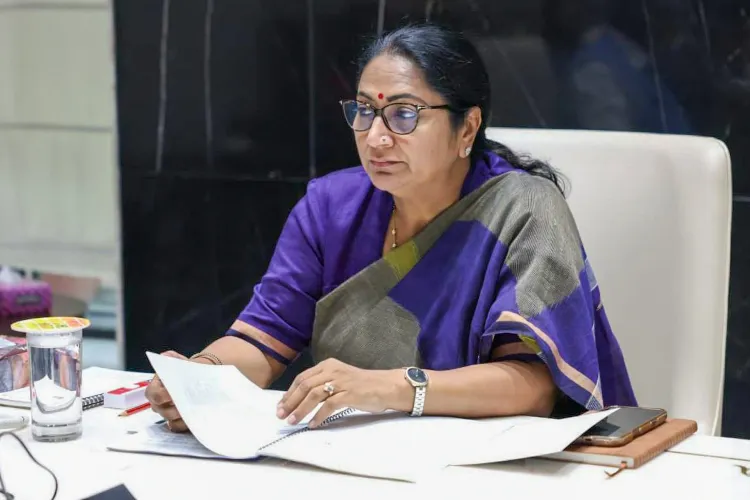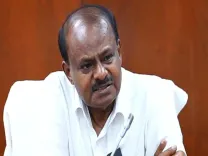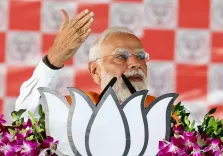What Steps is Delhi CM Taking to Enhance Infrastructure and Green Policies?

Synopsis
Key Takeaways
- Commitment to Infrastructure: The government is focusing on enhancing urban infrastructure.
- Streamlined Processes: Emphasis on simplifying construction procedures.
- Circle Rate Revision: A committee will assess and adjust circle rates.
- Green Initiatives: Proposed Green Building Policy to promote sustainability.
- Proactive Measures: Civic agencies are directed to improve unauthorised colonies.
New Delhi, June 14 (NationPress) At a meeting led by Chief Minister Rekha Gupta on Saturday, various issues concerning unauthorised colonies, slums, industrial areas, and the proposed Green Building Policy were thoroughly examined.
CM Gupta reaffirmed the government's dedication to enhancing infrastructure in the capital and facilitating ease of doing business.
Among the attendees were Delhi Cabinet Minister Manjinder Singh Sirsa, officials from the Municipal Corporation of Delhi, Delhi Development Authority, Delhi Metro Rail Corporation, Registrar of Co-operative Societies, and representatives from the Confederation of Indian Industry (CII).
The Chief Minister addressed significant matters such as unauthorised colonies, housing societies, the redevelopment of colonies, and modernising infrastructure in industrial zones.
Special focus was placed on streamlining building by-laws and enhancing coordination among various agencies, as reported by an official.
CM Gupta highlighted the importance of making construction-related processes simple, transparent, and accountable to prevent unnecessary delays in development projects.
During the meeting, she mandated the revision of circle rates and announced the establishment of a committee led by the Divisional Commissioner to oversee these initiatives.
This committee will provide a detailed report based on current market trends and property values, which will serve as a foundation for adjusting the circle rates. She pointed out that the existing circle rate framework across Delhi has inconsistencies that need to be addressed.
In relation to unauthorised colonies, the Chief Minister instructed all civic agencies to take proactive measures for their enhancement.
Additionally, she directed the DDA and Urban Development Department to compile a comprehensive report tackling issues of ownership rights and property registration in these areas.
The task force delivered a report featuring several vital recommendations for the city's overall development.
Notable suggestions in the report encompassed the adoption of a single-window clearance system, standardised development control norms across all agencies, and prompt approvals for large-scale projects.
The 10-point report also advocated for lowering amalgamation charges for commercial plots, eliminating the necessity of revised layout plans in MCD areas, introducing a green building policy to encourage sustainable infrastructure development, rationalising property tax, optimally utilising land designated to DMRC, and reducing the FAR for hotel and other commercial plots.
The task force further recommended promoting slum redevelopment under the Public-Private Partnership (PPP) model, allowing for commercial activities within such initiatives.









